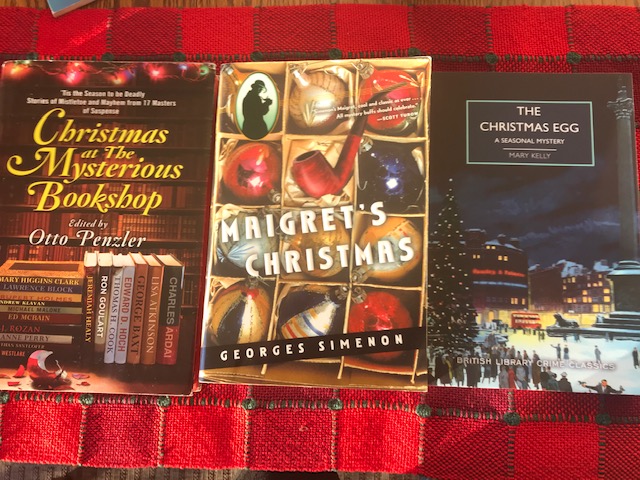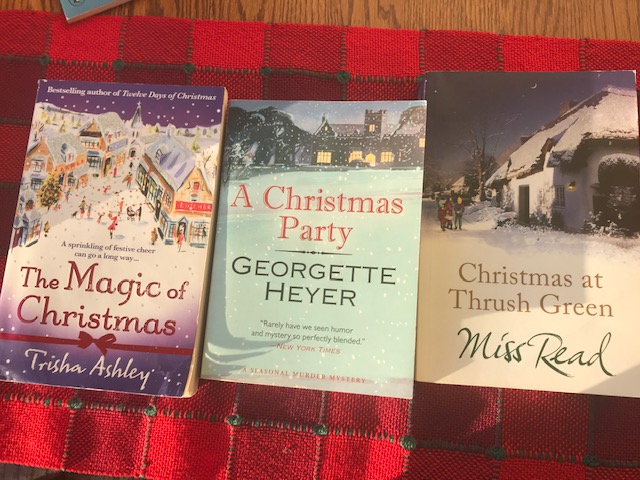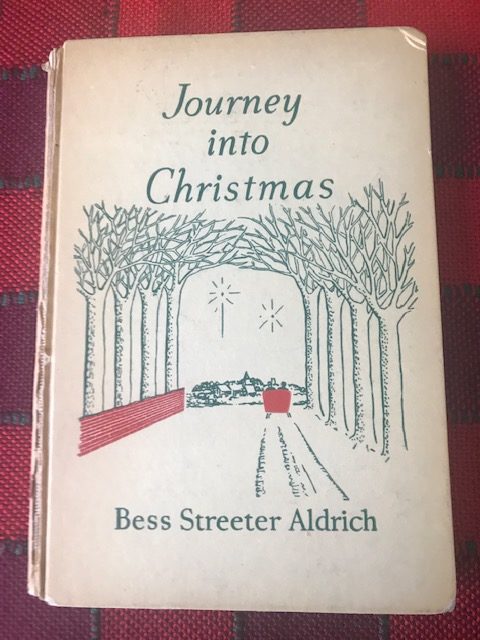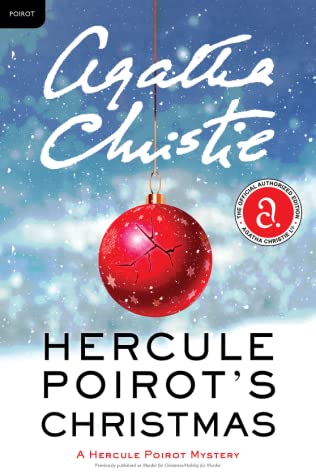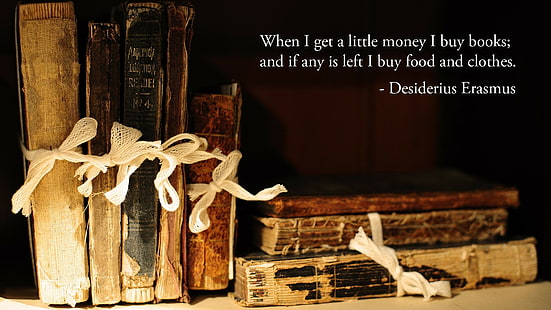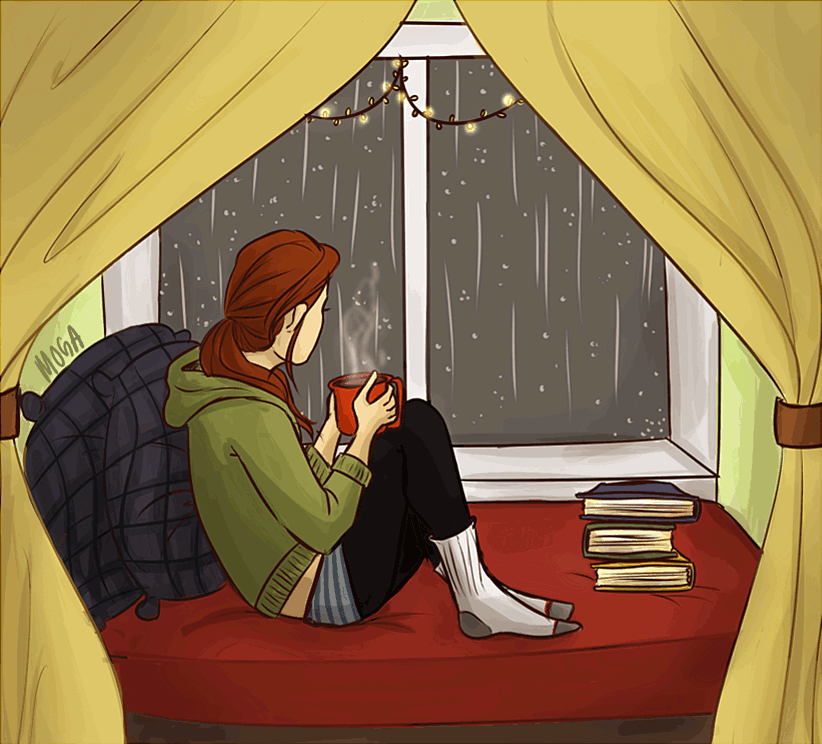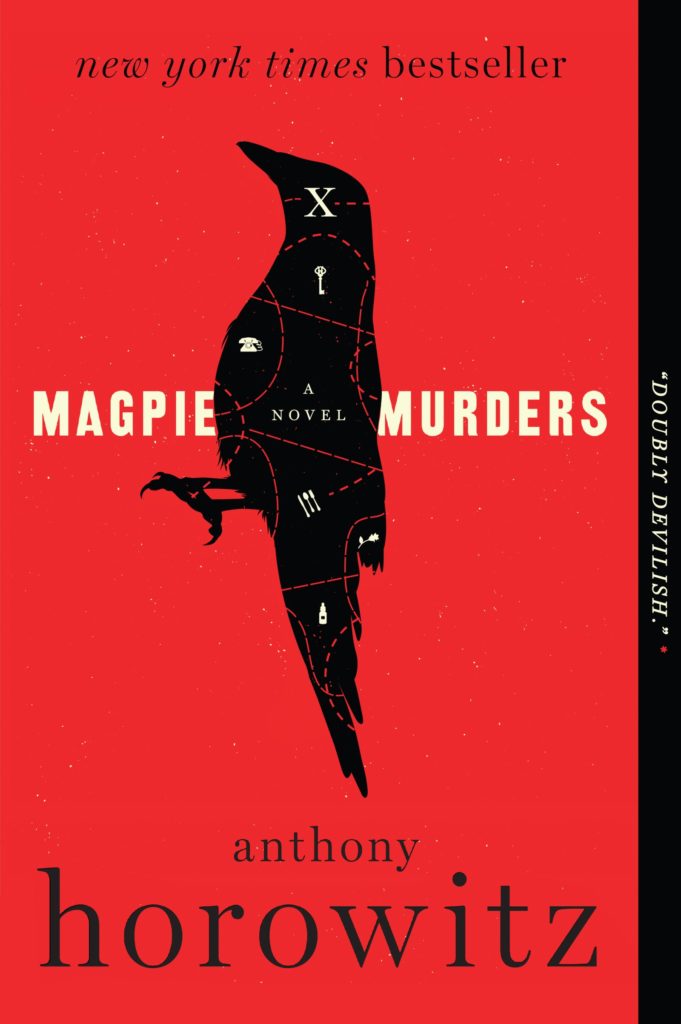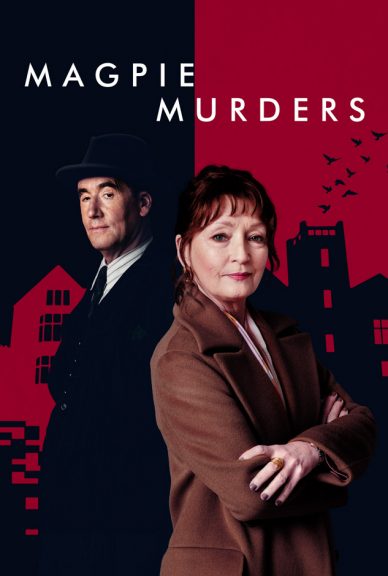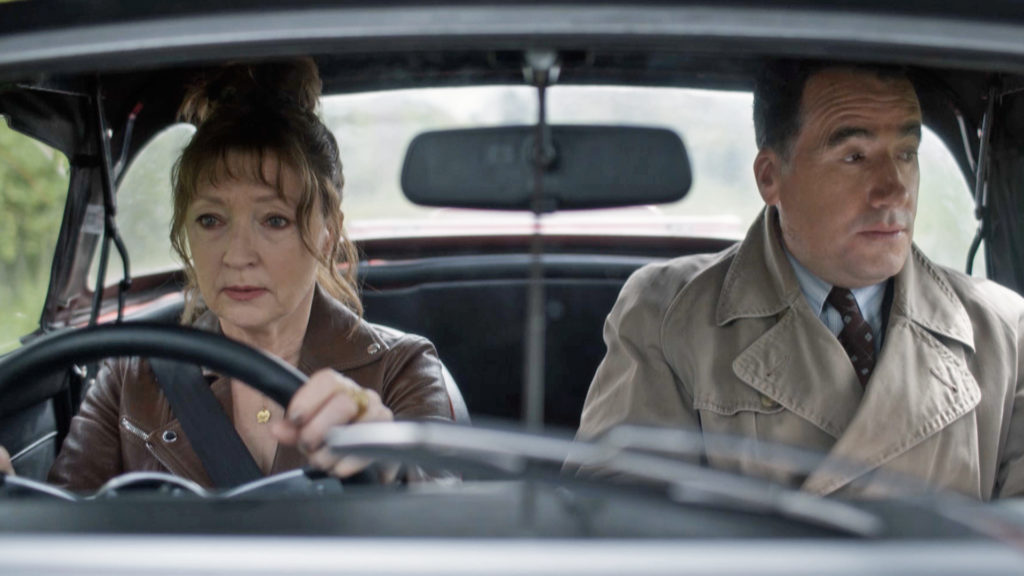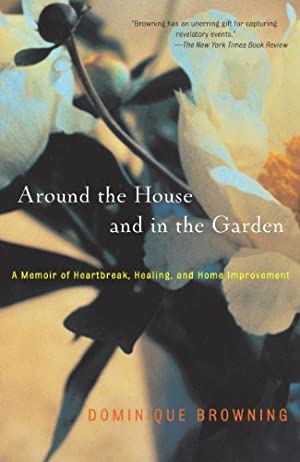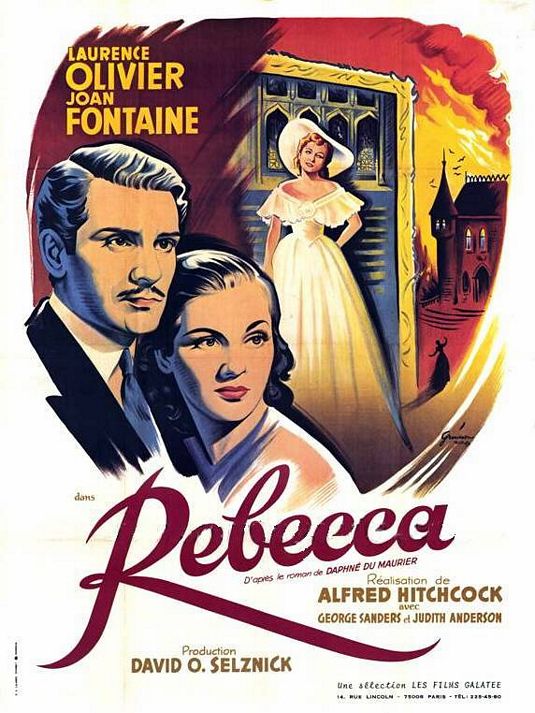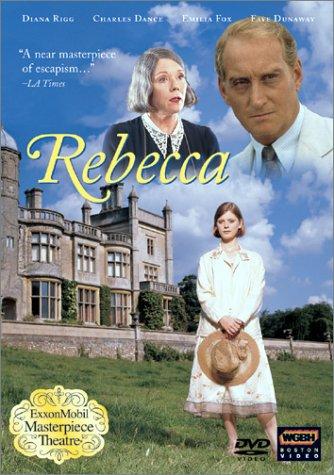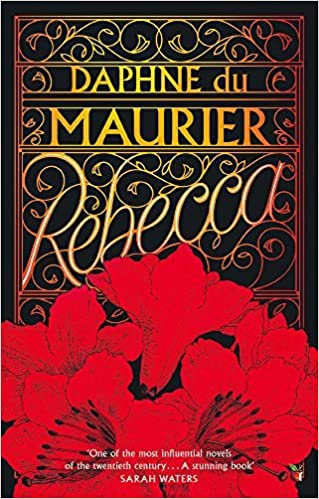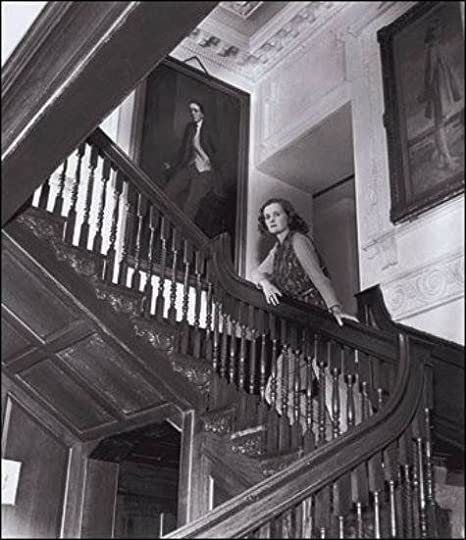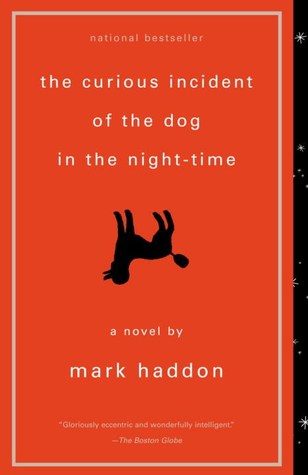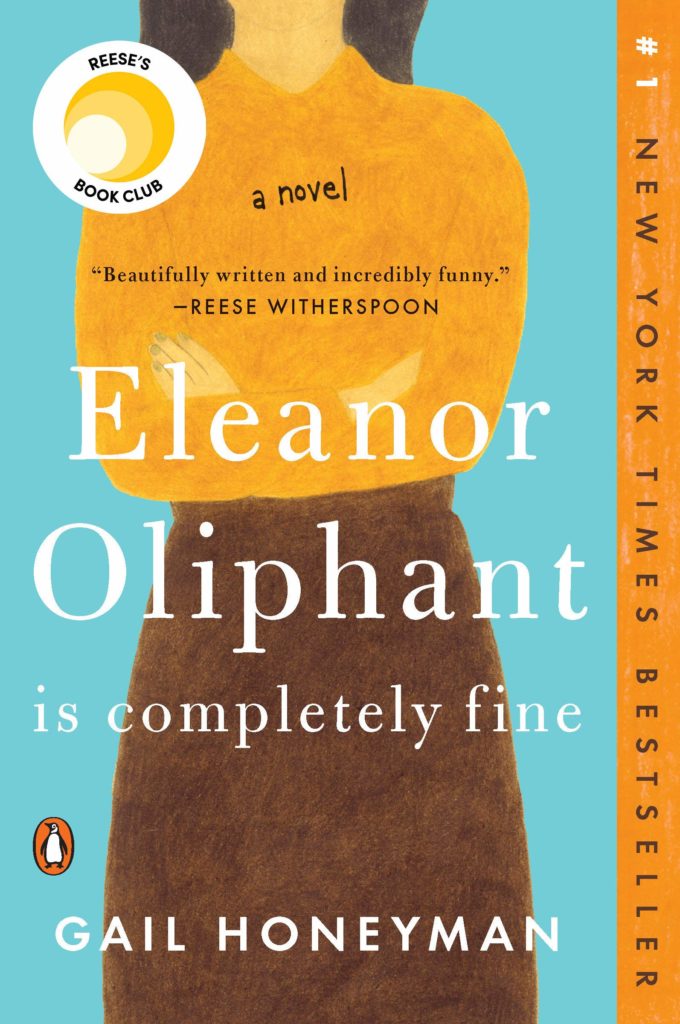A Rainy Day and Christmas Books
It’s raining, it’s pouring ~~ a perfect day to get things done for the holidays. Such as putting up our new tree. The operative word there is ‘new’ — we broke down and bought an artificial tree – I know, it was hard for me too. But, given our drought and fires, live trees are scarce and wildly expensive out here. We only need a small tree to fit into our bay window seat, so we decided to go check out Balsam Hill’s new factory outlet just south of the city.
I’ll show you more, once we put up the new tree ~~ but not today.
I also have presents to wrap and pack for shipping ~~ but not today.
There’s cookie baking to do for friends and family ~~ but not today.
What is happening today? Wait for it – yes, getting out my collection of Christmas books. Lest you think I won the lottery (I did not), I’ve been collecting Christmas books for years, a tradition inspired by my book barmy mother.
I put them out to display around my reading nook. Most chosen for their beautiful covers – so facing up of course. And there these books will remain until the last whispers of the holiday season are over.
Today I am lovingly going through them, re-familiarizing myself with each one, and deciding which I will read, re-read, or just pleasantly browse through. What to choose, what to select?
There’s holiday murders and mysteries – always fun.
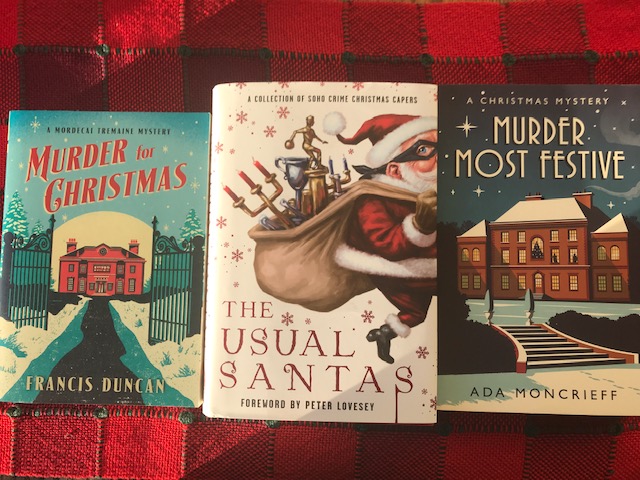
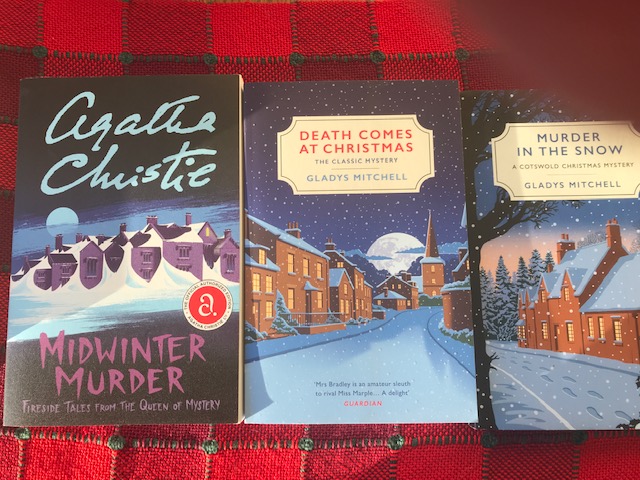
Years ago, there was a holiday book group meeting with wine tasting at a local bookstore – it was great fun, but somehow these lovelies came home with me.
I could go veddy, veddy British for this Christmas…
Or perhaps one of these?
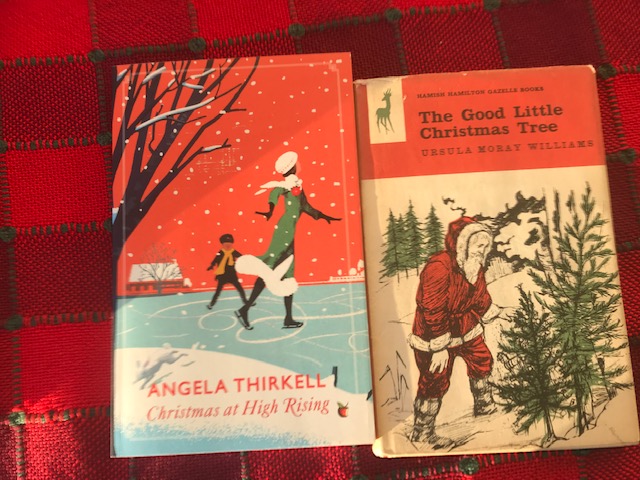
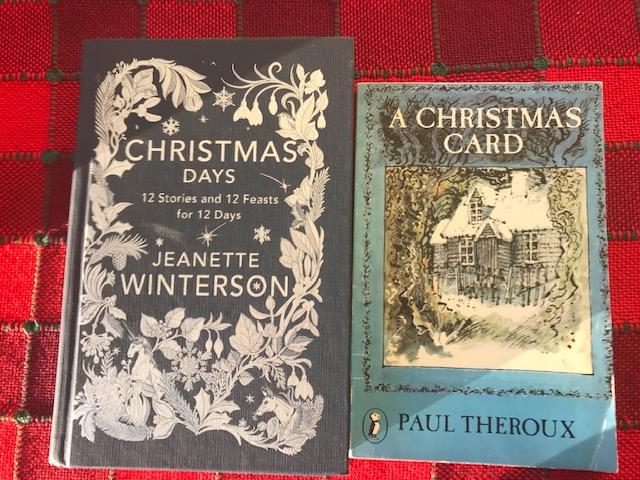
This next one is definitely for Christmas Eve – I’ve have this beautiful book for several years, but only dipped in and out of it. This year, I want to read it cover to cover.
Every December an envelope bearing a stamp from the North Pole would arrive for J.R.R. Tolkien’s children. Inside would be a letter in a strange, spidery handwriting and a hand-colored drawing. This book contains all the letters J.R.R. Tolkien wrote to his children in the guise of Father Christmas from 1920 through 1943.
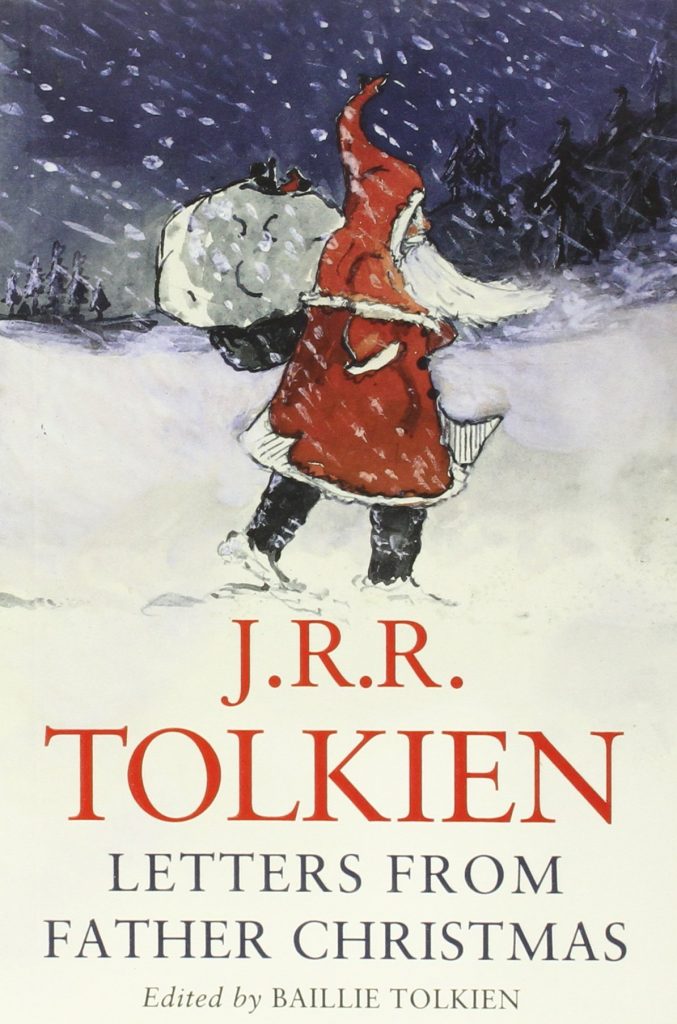
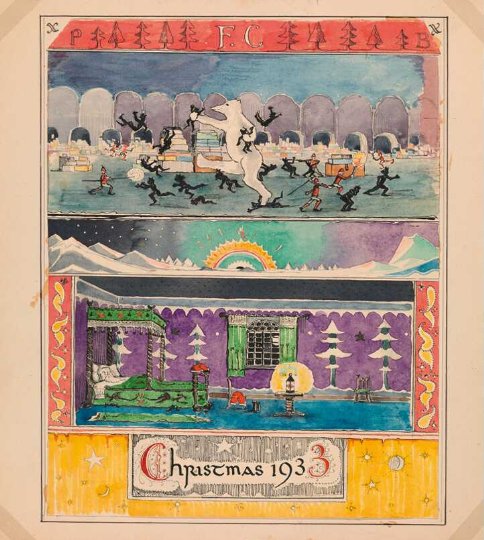
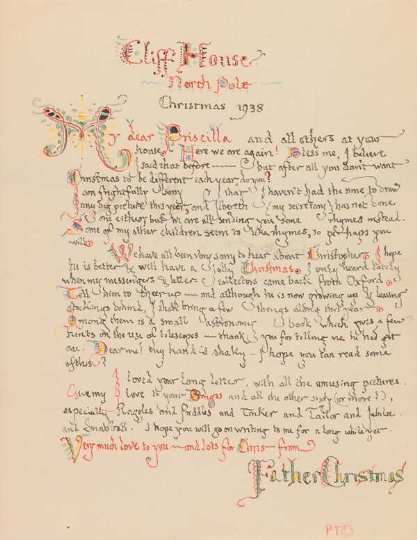
A new arrival. A rare find on e-bay, a collection of Christmas stories by Bess Streeter Aldrich, who was one of Nebraska’s most widely read and enjoyed authors. Her writing career spanned forty-some years, in which she wrote largely autobiographically, about living in the Midwest. This is an older hardback with the original illustrations, definitely well read, and with no spine but I’m quite pleased to have it.
I must confess, there is yet one more — still to arrive. I was shopping on Thrift Books (check them out as a good alternative to the big A) for Christmas gifts and saw this come up. I once had a copy, but must have lent it to someone or gave it away in a fit of clearing out. What was I thinking? I must have “one of the best Christmas mysteries ever written”, according to Martin Edwards, a well know British crime fiction critic.
Well that sums up my Christmas books from my shelves.
But, wait there’s more – remember, I have a Kindle and I haven’t shared my digital Christmas books, neatly arranged in their own Christmas collection, where I can browse the covers and see what else I can add to my holiday reading list.
Meanwhile, as I’ve been messing around with my books, Husband baked a galette made from bruised apples scavenged from our farmer’s market just a few blocks away. We go in the morning, but then he sometimes goes back as the market closes down and gets great bargains. These apples were free.
Someone has to economize after the money spent on books.
Apple galette and tea anyone?
Magpie Murders by Anthony Horowitz
First, there’s the book ~~
Then, there is the PBS Masterpiece Series ~~
I make it a firm rule, to read the book before I watch any film or television adaptation. And in the past, I almost always, always prefer the book ~~ but not in this case…
Don’t get me wrong the book was very, very good, but Magpie Murders was made into an almost more appealing story by Masterpiece/PBS by the author himself. You see, Anthony Horowitz, is the also creator of “Midsomer Murders” and “Foyle’s War” — both super PBS series, and he obviously excels at bringing a static book to life on the screen.
First the book:
Magpie Murders has a dual plot– two mysteries in one. We open in current day with an editor, Susan Ryeland settling in over a weekend to read the newest manuscript from her publishing firm’s best-selling mystery author. After the first chapter, the story then switches to the manuscript she is reading — an old-fashioned whodunnit, set in the 1950’s written by the fictitious author, Alan Conway, who created a famous detective in Atticus Pünd.
The first 200 or so pages of Magpie Murders are very reminiscent of an Agatha Christie novel, and I was wondering while reading it why there was so much hype about the book. The manuscript was a typical cozy mystery set in an English village with a host of Christie-like characters. But, those first 200 pages seemed to drag a bit as each suspect was introduced with their pertinent backstories. But, in the end, they serve to set up the real story which unfolds in the second half of the novel. You see, the manuscript ends abruptly because its last chapter is missing and we (and the publisher) have no idea ‘who done it’. That’s when Magpie Murders became a page turner for me, as the publisher tries to find the missing chapter, and solve not only the murder in the manuscript, but also a possible contemporaneous murder. Mr. Horowitz uses the second half to bring together many loose ends between the manuscript mystery and our modern day one — but I won’t tell you any more.
I know, I know it sounds very confusing, but stay with me here…
The book contains some great literary tricks — Mr. Horowitz combines humor, drama, and intrigue — which makes for a multi-layered story that eventually becomes riveting. There are hidden meanings and anagrams, which are revealed in the second half of the book — quite fun to read. (Atticus Pünd’s anagram was my favorite, but not suitable to repeat here.) There are really three authors – the manuscript author and the modern day best selling mystery author – both of whom are actually Anthony Horowitz. Okay I’ll give you a moment here to digest all that.
Within the pages, the author (and Mr. Horowitz) marvel at our appetite for crime. Saying at one point, the BBC would have little to broadcast — if not for crime programming:
Inspector Morse, Taggart, Lewis, Foyle’s War, Endeavour, A Touch of Frost, Luther, The Inspector Lynley Mysteries, Cracker, Broadchurch and even bloody Maigret and Wallander – British TV would disappear into a dot on the screen without murder.
It’s strange when you think about it. There are hundreds and hundreds of murders in books and television. It would be hard for narrative fiction to survive without them. And yet there are almost none in real life, unless you happen to live in the wrong area. Why is it that we have such a need for murder mystery? And what is it that attracts us? The crime, or the solution?
Do we have some primal need of bloodshed because our own lives are so safe, so comfortable?
Now to the PBS Masterpiece version, which I watched only after I finished the book. As I alluded earlier, the television series enhances the book and brings it to life in a most wonderful way. The connections between the manuscript and the current day mystery are clearer and the series brings these two timelines and worlds together in a most entertaining way.
And in a magical turn, our editor in current day and Atticus Pünd from the 1950’s, come together to solve the case of the missing manuscript chapter and the possible murder of the manuscript author. Atticus Pünd appears and advises Susan Ryeland as she visits the village where her famous mystery writer lived. Is it real or is it imagined? We are left to interpret for ourselves.
Whereas in the book, Atticus only appears in the pages of the manuscript. Also, the book is a bit more work, the reader has to link the bridges between to the two mysteries and work to sort out the connections. The book also has many more suspects than in the television series.
The television version of Magpie Murders crosses back and forth in time allowing for a reprieve from the more classically-paced 1950’s mystery manuscript. And wonderfully, the same actors play dual characters in the manuscript and current day. You see, the famous mystery author based his characters on modern-day neighbors, villagers, police, and lawyer – often times not so kindly.
I know you’re probably a bit baffled by all this so I’ll close by recommending Magpie Murders – however you can get it — by book or by television.
Either way, a terrifically unique mystery and really entertaining.
Here’s the trailer for the PBS series
Around the House and Garden by Dominique Browning
Back in my advertising days, I was lucky enough to be part of the magazine publishing industry – only peripherally, but still a wonderful perk. In that time, printed magazines were a honorable part of advertising media, with wonderful (and sometimes not so wonderful) full page advertisements. Another benefit of advertising in magazines, was the complimentary subscriptions we received. One of my favorites was House and Garden magazine.
House & Garden editor-in-chief, Dominique Browning, wrote a monthly column for the magazine and this lovely book brings together those columns. They cover personal stories and essays about home decorating, gardening, and raising children with universal themes of domestic life.
In Around the House and in the Garden, Browning adapts and expands these well-loved pieces, adding dozens of new essays, to create an insightful and moving narrative about the solace and sense of self that can be found through tending one’s home.
From the book blurb:
Around the House and Garden is a book for anyone who has ever felt the need to reinvent a life or a space, who has ever fallen in love with the idea of home – the place where we reinvent ourselves.
I’ve had this book for years and never got all the way through it. A while ago, I re-started it and left it next to my bed to read a chapter a night — they are each distinct, none are more than four pages, and easy to digest independently. And while I thought I would read one essay before sleep, in the end, I found myself reading the last half the book in one sitting.
Ms. Browning weaves in many reflections on her life in her two homes. The houses come to symbolize the state of her heart and mind. Some are sad, as she tries to bounce back from a divorce, yet it’s also a wonderfully uplifting book. I loved reading about her journey of healing while remaking her home and her reflections on gardens, decorating, and cultivating the comforts of a home.
It especially speaks to anyone starting over in their lives after a divorce, but could be just as useful to anyone attempting to create some kind of spiritual retreat in which to nurture their bodies and souls.
When I was reading this beautifully written book, I imagined myself sitting in a cozy living room having a cup of tea and a long talk with a lovely, yet vulnerable Ms. Browning — only after we had taken a long stroll through her gardens.
This book is Book Barmy prescribed for these long winter nights when you need calming, gentle, diversionary material to lull you to sleep while trying not to think obsessively about something that can wait until tomorrow.
Rebecca by Daphne Du Maurier
A few weeks back, searching my shelves for something appropriate for season, I pulled down my copy of Rebecca and realized I never actually read the book (shameful, Book Barmy).
I have, however, watched every film adaptation out there over the years.
The original by Alfred Hitchcock.
My favorite version from PBS, featuring Diana Rigg as the ominous Mrs. Danvers.
And, even the newest film adaptation on Netflix.
~~~~~~~~~~~~~~~~~~~~~~~~~~~~~~~~~~~~~~~~~~~~~~~~~~~~~~~~~~~~~~~~~~~~
But here I have this beautiful copy of Rebecca, which a British friend sent me years ago –back when postal prices made it affordable to ship things across the oceans.
So I settled in to finally read Rebecca. A classic, gothic, spooky tale without any of monsters or gore on which modern thrillers rely. (I’m not keen on monsters or gore, having never recovered from the one and only Stephen King novel I read as a teenager.)
You fine readers have probably already read Rebecca, or like me have seen a film adaption, so I won’t spend too much time recapping the familiar plot.
Our unnamed narrator is an inexperienced and insecure girl (and she is just a girl) with a limited future – unless serving as a companion to an overbearing busybody by the name of Mrs. Van Hopper could be called a promising prospect. So when the handsome, mysterious and wealthy Maxim de Winter seems to take an interest and offers a much more enticing alternative – that of being his wife – what is a girl to do but accept? The honeymoon at an end, the newly married couple returns to Manderley, Max de Winter’s estate. The newly minted Mrs. de Winter arrives at Manderley with nervous excitement. She is well aware of her shortcomings. She is too shy, too young, too trusting, and though she is pretty she can not compete with the legendary first wife — the beautiful Rebecca de Winter, who seems to haunt not only the estate itself, but the characters as well.
Where our narrator is both immature and naïve, Maxim is complicated and divided. Her happiness becomes dependent on his smiles, her misery decided by a harsh word. Thanks to their age difference, he’s forgotten what this is like, how raw and all-consuming first love can be, and he’s careless with her feelings because of it. Unlike the films, the wonderful writing intensifies Maxim’s callousness, and as he takes complete advantage of her throughout, I despised him from the point of his introduction.
One of the guilty pleasures of a good gothic novel is the description of a magnificent old house, so precise and rich in detail that you can fantasize about how delightful–or how scary–living in such a mansion might be. Manderly is such a place, which comes alive for the reader, and it’s particularly intriguing to have it described by our narrator who is experiencing it for the first time. Manderley is a major character in this novel — a living, breathing entity. The descriptions of this magnificent place were so masterfully crafted, I felt as if I were right there with Mrs. de Winter, as she attempts to master her new role.
Daphne Du Maurier actually based Manderley on an estate she rented, complete with the portrait on the stairs and with the odd name of Menabilly.
Appropriately, I finished Rebecca on Halloween night and it is indeed a classic gothic. We have mystery, intrigue, deception, twists, turns, misunderstandings, accusations, threats, and creepy characters that make the hairs on the back of your neck stand on end.
A woman, a man, another woman’s shadow; a landscape, a house, a hidden history. These six elements have formed the gothic novel from Jane Eyre, to Wuthering Heights, and the more recent The Thirteenth Tale.
Rebecca is unique to the genre, as in it Daphne du Maurier has simplified and organized these six elements, which emphasizes the gothic, and enriches the ambiguity of the estate, the story, and the characters.
Today as I write this, I am still in the trance of reading a great classic, and it has me wanting more – more gothic (maybe Jane Eyre?) and definitely more Daphne du Maurier.
Please, please you must read Rebecca – available at your local library.
Don’t wait like I did.
After Life
Not at all surprisingly, After Life – a Netflix original series – won the National Television Award for Best Comedy
After Life was written, directed, and stars Ricky Gervais. Now I know he is an actor who many love, but I have to admit, I was not a real fan, having never really gotten into The Office (either the UK version or the US one). However, I fell hard and head-long into After Life.
Ricky Gervais plays Tony, a newspaper writer, who has just suffered the loss of his wife from cancer, a soul-crushing tragedy for anyone to endure. However, Tony does not reach out for help or accept any caring. Instead he becomes depressed, misanthropic, and bitter.
If you’re looking for a hero, Tony isn’t it. He’s often mean, a bit prejudiced, arrogant, and he thinks he’s right about everything — the self-absorbed master of his own universe. And the show uses Ricky Gervais’s standard rude, offensive and unapologetic humor.
I can hear you asking, really Book Barmy? This show sounds dreadful – but trust me, it’s absolutely not.
After Life incredibly relatable, dark, yet most of all — beautiful. The show is peppered with silly, realistic day-to-day moments that will make you sadly smile. Living with grief is hard, but this series shows such a struggling man with humorous compassion which had me binge watching all three seasons.
There’s a wacky cast of characters, the postman who is victim to Ricky’s Tony’s sarcastic barbs and assorted, weird but lovable, friends and co-workers. The wonderful Penelope Wilton plays Anne, the widow Tony befriends at the cemetery where both their spouses are buried. It’s a delight to see her on their meeting bench, talking to her dead husband and offering advice to Tony when he can’t quite see past himself. We all need a friend outside our own worlds to lean on, and Anne gives Tony exactly that, quietly understanding things that no one else can.
After Life is mix of beauty, sadness, and laughs, but at the same time, it’s true and heart breaking. Brilliantly, its tough topics are handled with a sort of sarcastic humor that keeps the audience’s head above water, without sugar-coating the depths of Tony’s grief. And yet, the powerful ending, when Tony reaches the realization that life is brief and fragile, but worth having a good go at – if you’re like me, you will only have happy tears
Here’s one of my favorite clips. Tony has been assigned to visit and report on children in a cancer ward with his sidekick photographer, Lenny.
CLIP HERE
Warnings: There is profanity and some offensive humor. Also, Tony seriously considers suicide, but in the end there is always a reason to carry on, even it it’s just to feed the dog.
The Curious Incident of the Dog in the Night-time
After reading Eleanor Oliphant, I was reminded of this favorite read by Mark Haddon. If I remember correctly, I read it in two nights and, like Eleanor, this novel is told in the first person by Christopher, a high functioning autistic teen in Britain. (actually its called Asperger’s Syndrome or high-functioning autism).
The book starts on the night that Christopher finds the neighborhood dog, Wellington, dead on Mrs. Shears front lawn, an event that he is later blamed and questioned about. He determines that he has to find out who murdered Wellington and the life that he thought he knew and was comfortable with swiftly begins to unravel.
Christopher has been protected and raised by his calming father following his mother’s apparent death, but he will now be pushed out of his comfort zone, and onto an seemingly impossible journey. He rides buses, ventures into crowded places, all while unabashedly always telling the truth.
People say that you always have to tell the truth. But they do not mean this because you are not allowed to tell old people that they are old and you are not allowed to tell people if they smell funny or if a grown-up has made a fart. And you are not allowed to say, “I don’t like you,” unless that person has been horrible to you.
You’ll chuckle as Christopher tries to solve the murder of Wellington. His favorite detective is Sherlock Holmes so he knows the difference between a real clue and a red herring. He uses his superior skills of analysis to matter-of-factually investigate the crime, while he vividly describes how he goes about the world and the level of detail that he observes. One of my favorite and most memorial moment is when Christopher explains how seeing five red cars equals a really good day, a little quirk I picked up myself during my long commutes to work.
The book isn’t really a mystery about the death of a dog, it’s more about the amusing and insightful perceptions — as Christopher shows us how he doesn’t understand some things, like facial expressions, but is brilliant at turning everyday problems into mathematical solutions – you see math is his favorite thing, But Mr. Haddon doesn’t just tell us that Christopher is intelligent and scientifically talented, he shows us, by having him elegantly rendering beautiful and well-known ideas of mathematics and physics.
Prime numbers are what is left when you have taken all the patterns away. I think prime numbers are like life. They are very logical but you could never work out the rules, even if you spent all your time thinking about them
Christopher uses logic, intellect and most of all, courage to solve two mysteries and find his way in a confusing and sometimes overwhelming world. Yes, I said two mysteries, the other is finding his mother who he was lead to believe had died – but I won’t say any more.
The reader encounters British figures of speech, like “losing one’s rag” (losing one’s temper), or “having a pig of a day,”(a difficult day) or “take-away chips.” (French Fries). Such metaphors confuse Christopher because he sees the world as black and white, facts and lies. His brain works in precise terms, like “I stepped back two meters” or he wore “brown shoes that have approximately 60 tiny circular holes in each of them.
Mr. Haddon brilliantly captures the mindset and ideas of an individual with autism and expresses it in a way readers can relate to. His point of view makes autism real as you see every part of the world through Christopher’s eyes — which is just magic.
What I loved about The Curious Incident is that it also illuminates how very different and yet beautiful human mindsets can be. Whereas some focus on feelings, others enjoy literature, and still others find comfort in numbers and facts, things that are measurable — like Christopher. The novel doesn’t flinch from also revealing the inescapable cage a handicapped child and his parents must endure, finding little help except for whatever resources they can find within themselves and if lucky, in the community.
A Curious Incident is many things – at once simple– and yet deep — it is often hilarious and at the same time a little sad as well. But mostly, it is a magical and fascinating read which I highly recommend.
I want to close this post with a thank you to Angela Lansbury who died yesterday at 96.
Highly acclaimed for her works on stage and film, I have to send out my personal gratitude for the Murder She Wrote series.
Not only did I never miss an episode when it was first airing, I now secretly indulge in late night re-runs all over again.
Without calling attention to herself, during the run of this series, Ms. Lansbury made it a practice to hire guest actors who were older and not working as much. This allowed them to earn the union points they needed to have insurance and pensions.
Eleanor Oliphant is Completely Fine by Gail Honeyman
This novel has been around for awhile, but I never got to it. So, when looking through my library wish list — (because you know I don’t have any of my own books to read) — I realized I had added this novel way back in 2018. So decided it was time to give it a try.
Eleanor Oliphant is 29, works as a finance clerk in Glasgow, has no friends or social contacts and is both eccentric and opinionated. Written in the first person, the novel begins with Eleanor’s day to day life and her unfiltered description of herself and everyone she meets. She is an introvert, who doesn’t fit in at work and is very uncomfortable in social situations. On the weekends she drinks alone, does difficult cross word puzzles, and seldom speaks to anyone — hers is a solitary and lonely lifestyle.
It wasn’t that I needed anyone. I was, as I had mentioned, perfectly fine.
She’s oblivious to how her actions appear to those around her and blames any awkwardness on the other person. Her private thoughts are witty, and often harsh judgements, about everything and everyone. Eleanor lacks both filters and self-awareness — so ends up saying things out loud that most of us wouldn’t dream of saying.
As you read this novel, if you’re like me, you’ll start to feel protective of Eleanor as she bumbles her way through the world in odd clothes and her sensible Velcro closure shoes.
I’d tried so hard, but something about me just didn’t fit. There was, it seemed, no Eleanor-shaped social hole for me to slot into.
Through out the book, Eleanor’s troubled past is revealed little by little, and the reader starts to realize that Eleanor Oliphant is Not Completely Fine.
Eleanor’s metamorphosis begins when an old man collapses in the street and, with her co-worker Raymond, they help and befriend him. She is soon visiting the old man in the hospital and becomes fond of Raymond, despite a fantasy crush on a singer in a local theater. She decides to step up her game, having her hair colored and styled, buying a new outfit (with non-Velcro shoes), and even submits to a makeup demonstration at department store. Eleanor finds the experience both exasperating and exciting.
Was this how it worked, then, successful social integration? Was it really that simple? Wear some lipstick, go to the hair dressers and alternate the clothes you wear? Someone ought to write a book, or at least an explanatory pamphlet, and pass the information on.
Most importantly she starts therapy, which as you can imagine is not a pleasant experience for our Eleanor. Her private thoughts about her therapist are both catty and funny. But, little by little, she confides bits and pieces of her past to the therapist and they form an uneasy but important bond.
I raced through this book, wanting things to go well for Eleanor and wanting to see what was going to happen to her next. Ms. Honeyman has created a character both fierce and independent yet also breathtakingly vulnerable. In one sentence her inner dialogue states:
I have always taken great pride in managing my life alone. I’m a sole survivor – I’m Eleanor Oliphant
Only later in the chapter to lament:
I could not solve the puzzle of me.
The author, Gail Honeyman said:
It’s a story of the transformational power of small acts of kindness. She wrote Eleanor’s life, as a person who has been knocked off kilter by an unnamed childhood horror which she can only recall from her sense of, before and after, and although she’s had a fairly catastrophic start in life, Eleanor is still the agent of her own life. She goes on to say that she didn’t want to write her as a victim, and didn’t want her to be self-pitying either. She tried to leave space in the narrative, so the reader could feel those feelings on her behalf.
Eleanor Oliphant is Completely Fine gifts the reader with a character who will stick with you long after the novel is finished. I found Eleanor funny yet sad – smart yet naive.
It’s a wonderful exploration of how socialization can be effortless for most, while at the same time, cringe-worthily awkward for those who are different. I am fortunate to be in the former group, but I know those who fall into the latter. After reading this novel, I feel a greater understanding and empathy — as if I have walked a mile in their sensible Velcro shoes.


